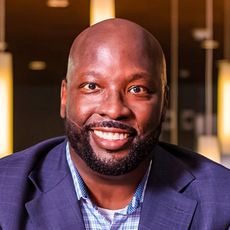
DEI in the C-suite: How four large Maine employers are tackling diversity, equity and inclusion
 Photo / Tim Greenway
Laura Shen, chief diversity and inclusion officer at WEX Inc., likens employee-resource groups at the Portland-based financial technology firm to “little businesses.” There are nine groups in total, including WEX Pride and LatinX.
Photo / Tim Greenway
Laura Shen, chief diversity and inclusion officer at WEX Inc., likens employee-resource groups at the Portland-based financial technology firm to “little businesses.” There are nine groups in total, including WEX Pride and LatinX.
As WEX Inc.’s first chief diversity and inclusion officer, Laura Shen is in uncharted territory, working closely with Melanie Tinto, the head of human resources.
“You don’t have the luxury of sitting back and seeing what others do, but the really fun part of my job is to be able to create something new,” she says at the financial technology provider’s Portland waterfront headquarters. “There’s no real playbook for DEI, it’s about doing the right things.”
In the same way at Bar Harbor-based Jackson Laboratory, Moses Davis spent his first year as DEI director evolving into his role.

“I was very clear that I am not a diversity police officer. I am here because I want to get to know you and really be a team builder with folks,” he says. “When people are afraid to speak up, they don’t show up, and things will start to fester. My approach is to be in a spirit and space of listening, engaging and building community.”
Until a few years ago, a chief diversity officer was an anomaly in corporate America. Today, under pressure from employees, customers and shareholders in the wake of 2020’s social injustice protests nationwide, new hires of chief diversity officers have soared on Wall Street and beyond, including in Maine.
The business rationale for diversity
Nationwide, an estimated 52% of companies in the Standard & Poor’s 500 index have a chief diversity officer, up from 47% in 2018. At least 60 publicly traded firms have appointed their first diversity leader in the past year, according to Russell Reynolds Associates, a Boston-based management consulting firm.
The role is still fairly new at many Maine companies.
The case for stepping up diversity goes beyond altruism. The business logic for doing so is documented in a May 2020 report by McKinsey & Co., using publicly available data from 1,039 companies across 15 countries. The research shows that the likelihood of diverse companies outperforming industry peers on profitability has shot up significantly since 2015.
In 2019, companies in the top quartile of gender diversity on executive teams were 25% more likely to report above-average profitability than counterparts in the fourth quartile, while companies with more than 30% women on their executive teams were more likely to outperform those with 10% to 30% representation.
Ethnic and cultural diversity had a similar impact, with companies in the top quartile 36% more profitable than those in the fourth. The report urges all companies to do more, insisting that “it’s worth the push.”
Even in Maine — the whitest state, according to the 2020 Census — a growing number of large employers across a range of sectors are hiring people to lead that push.
Portland-based consultant Brien Walton, chief strategy officer at Bangor-based Acadia Capital Management L3C, sees this as the most cost-effective way for companies to be proactive.
“When you consider the lack of diversity in Maine … the conclusion of many socially conscious corporate executives — and more importantly, their shareholders, was that maybe they could and should be more proactive in recognizing and resolving social injustice in their organizations,” he says. In other words, as communities become more diverse, the workplace will follow.
Another DEI expert, Krystal Williams of Portland-based legal and business advisory company Providentia Group, sees current workplace trends as more of a cycle than a shift.
“There is renewed focus on workforce diversity every decade or so,” she says. “Each time, we become a little bit more aware of the depth of the problem and a bit more nuanced when creating solutions.”
Williams says that while most employers she works with are focused on the “diversity” and “inclusion” pieces, she always recommends starting with equity.
“Once a company becomes truly equitable, it makes becoming diverse much easier,” she says. “The company evolves into a more attractive employer.”
WEX and Unum
WEX, which has operations in 16 countries, has more than 5,600 employees worldwide, including 1,200 in Maine. It aims to boost diversity and inclusion on several fronts.
Examples include adding Juneteenth and Veterans Day as paid company holidays; amending the company-wide email signature template to offer a personal gender pronoun option; and adding a new fertility or conception benefit that includes coverage for same-sex couples and surrogacy. Employees have also formed groups such as the Black Growth Council, LatinX and WEX Pride, which the company supports with an executive sponsor and a budget for programming.
“I started LatinX in the aftermath of the horrific death of George Floyd,” says Carlos Escobar, a Florida-based senior national account manager in WEX’s large fleet division. “I wanted WEX to recognize all cultures to have a voice at the table.”
This fall the group is planning activities around Latin Heritage Month.
There are nine groups in all, and Shen underscores that they’re not just clubs.
“They are important to our business. and we treat them as little businesses,” she says. “They’re really great voices of ‘How can we do better?’”
Unum Group, a Chattanooga-based benefits provider with a large Maine presence, also has employee networks that meet monthly to chat about current events and trending societal topics, where employees can discuss their feelings freely and without judgment, according to Chief Inclusion & Diversity Officer Ericka DeBruce.
The company introduced training earlier this year to inspire self-reflection and identify day-to-day actions needed to make connections across differences and culture, measures inclusion and belonging through its annual employee survey, and recognizes May as Jewish American and Asian-American/Pacific Islander Heritage Month.
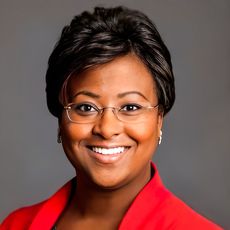
“Each employee’s unique perspective, experience and background equips us to better serve our customers, communities and each other,” DeBruce says. “It is our corporate responsibility to ensure a psychologically safe environment and consistently foster inclusion and belonging.”
Jackson Lab’s ‘Stoveside Chats’
Like WEX, Jackson Laboratory has a global footprint, employing close to 3,000 people in Maine, Connecticut, California and Japan, as well as a joint venture in China. The Bar Harbor-based institution produces genetically specialized mice used in laboratories around the world, and hired Davis in March 2021 as DEI director. He joined JAX after a career mainly in higher education, where he “always had a love of how to make campuses inclusive for everyone.”
Aiming to do the same at JAX, he’s introduced a new video series on the company’s internal social media called “Stoveside Chats,” in which he interviews fellow employees on diversity topics while cooking a meal together. The first episode, released earlier this month, revolved around the importance of “talking about talking,” to be followed in June by a conversation with the parent of a transgender child.
The food part of the segments features easy-to-make-dishes like chocolate cream pie and nachos.
“I come from a long line of cooks, and no matter what we were doing, the kitchen is always where people congregate in the house,” Davis notes. “So food is a natural piece of glue for folks to talk, and we learn so much through food. People are letting down their inhibitions and they’re feeling freer to share and talk.”

The company also hosts a monthly “Around the World” chat featuring employees talking about their cultures.
Davis hopes to finish a diversity roadmap to lay out priorities and a plan to tackle them, though priorities may shift a little in time.
Underscoring the team effort involved, he says: “DEI is everyone’s work, and you will not be successful in any organization if you say, ‘We hired a DEI person who’s going to do all the work.’ In DEI, we don’t have magic wands when someone makes a sexist or xenophobic comment. For me it’s about making sure I help people build the capacity to tackle some of these things themselves.”
He also plans to be in the job for some time despite the revolving door nationwide: “I’m definitely in this for the long haul,” he says. “DEI is my life, love and my vocation.”
Northern Light’s ‘culture of caring’
At Northern Light Health, Marwa Hassanien draws on her multicultural background as DEI director of Maine’s second-largest health care system. The Brewer-based organization employs around 12,000 people, and she was hired in November 2020.
The daughter of Egyptian immigrants raised in a bilingual household in Oklahoma, Hassanien moved with her Egyptian physician husband to Bangor in 2005. Though she found the community to be welcoming, she says she understands the initial fear and apprehension of many newcomers.
For patients, Northern Light has a nondiscrimination policy that lays out rights as well as unacceptable behavior, such as requesting a different provider based on race or gender.
“Policies such as this one are an important part of our culture of caring, and caring for one another,” Hassanien explained in an episode of “Tim Talks,” a podcast series hosted by Northern Light Health CEO Tim Dentry around social and medical justice; while the series predates Hassanien’s arrival, she serves on the editorial board.
“Usually when we talk about DEI, people assume that we are referring only to race,” she says. “But when we talk about people of different identities, that includes race and ethnicity, but also age, religion and culture, and the intersectionality of identities. Many parts of my identity intersect as well, and DEI work is inclusive of every single one of us.”
She also serves as the lead instructor on foundational DEI training that’s mandatory for all employees in which she aims to convey how and why DEI work is so important. The interactive sessions cover a wide range of topics, including unconscious bias and microaggression.
“I don’t believe these sessions are one and done,” she says. “They have to be continuous and really engaging and allow people to have difficult conversations and lean into their discomfort.”
On the recruiting front, Northern Light Health recently received two grants related to diversifying its workforce and is waiting to hear back on other applications.
Like many of her peers, Hassanien sees DEI as a work in progress.
“I’m trained, but I make mistakes on a daily basis,” she admits, adding that “I’m very gentle with people, and I want them to feel like there’s psychological safety in speaking up. Even if there is pushback, let’s unpack these issues together.”
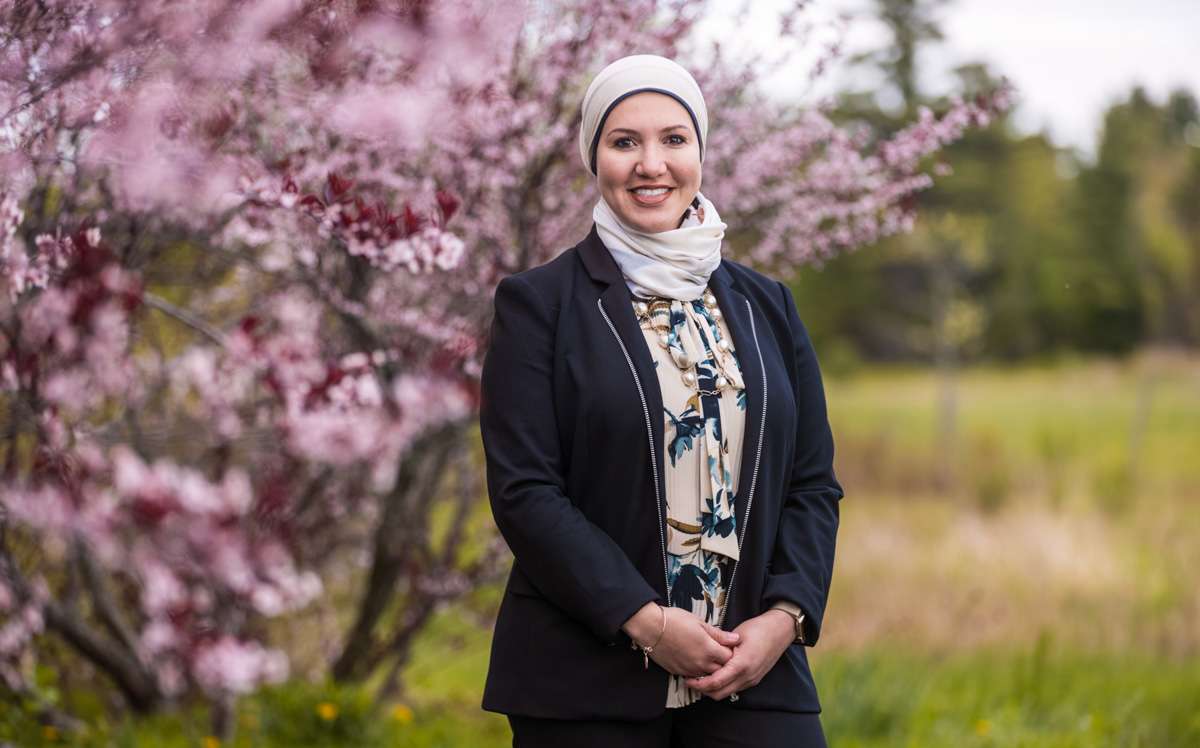







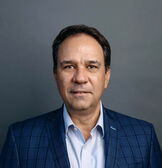
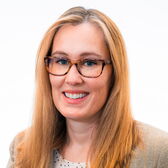





0 Comments